How To Tell My Manager That I Am Leaving

Navigating the professional landscape often involves making significant career decisions, including the challenging task of informing your manager that you are resigning from your current position. The process, while potentially uncomfortable, can be managed with careful planning and clear communication, ensuring a smooth transition for both you and your employer.
Understanding how to deliver this news professionally and effectively is crucial for maintaining positive relationships and upholding your reputation. It's about balancing your needs with the needs of the company, leaving on good terms whenever possible.
Preparation is Key
Before scheduling a meeting with your manager, take time to solidify your decision. Ensure your new job offer is confirmed in writing and that you have a clear understanding of your start date.
Prepare a resignation letter stating your last day of employment. Keep it concise and professional, focusing on the facts rather than dwelling on any negative experiences.
According to a 2023 survey by the Society for Human Resource Management (SHRM), employees who resign with a formal letter are often perceived more positively by their employers.
Scheduling the Conversation
Choose a suitable time and place to have this conversation with your manager. A private meeting room or a one-on-one meeting in their office is generally preferred. Avoid delivering the news via email or during a busy period for the team.
Consider your manager's schedule and personality when choosing the timing. A thoughtful approach can minimize any potential disruption or negative reaction.
Delivering the News
Begin the conversation by expressing your gratitude for the opportunities and experiences you've gained at the company. This sets a positive tone and demonstrates professionalism.
Clearly and directly state your intention to resign. Avoid ambiguity and be prepared to state your last day of employment.
As Amy Gallo, a contributing editor at Harvard Business Review, suggests, "Be direct, be brief, and be gracious."
Focus on Positives (When Possible)
While honesty is important, avoid dwelling on negative aspects of your job or the company. Focus on the positive experiences and what you've learned during your time there.
If asked about your reasons for leaving, provide a brief and professional explanation. You don't need to disclose every detail, but be prepared to offer a general reason such as pursuing a new opportunity that aligns with your long-term career goals.
Maintaining a positive and respectful tone is essential for preserving professional relationships.
Offer Assistance with the Transition
Offer to assist with the transition process. This demonstrates your commitment to ensuring a smooth handover of your responsibilities.
Suggest ways you can help train your replacement or document your processes. This proactive approach can significantly ease the burden on your team and manager.
“A willingness to help with the transition can leave a lasting positive impression,” says Lisa Sterling, Chief People Officer at Ceridian.
Resignation Letter
After your conversation, promptly provide your manager with your formal resignation letter. This serves as official documentation of your departure.
The letter should reiterate your last day of employment and express your gratitude for the opportunity to have worked at the company.
Navigating the Aftermath
Be prepared to answer questions from your colleagues and be professional in your interactions. Avoid gossiping or speaking negatively about the company.
Focus on completing your remaining tasks and ensuring a smooth handover of your responsibilities. This will leave a positive final impression.
Potential Impact and Considerations
Your resignation can have a ripple effect on your team and the company. Be mindful of the potential impact and strive to minimize any disruption.
The U.S. Bureau of Labor Statistics reports that employee turnover rates have fluctuated in recent years, highlighting the importance for companies to have robust succession plans in place.
By handling your resignation professionally, you contribute to a positive work environment, even as you move on to new opportunities.


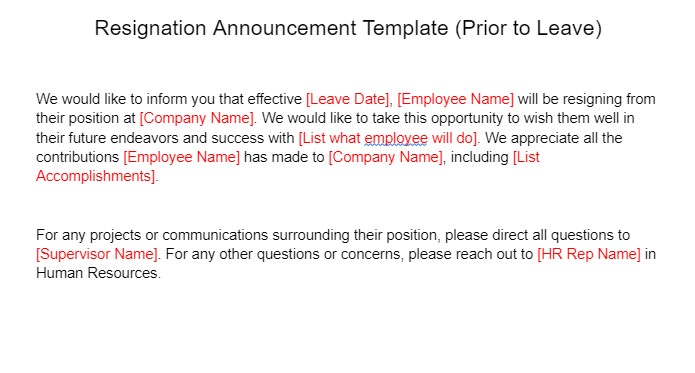


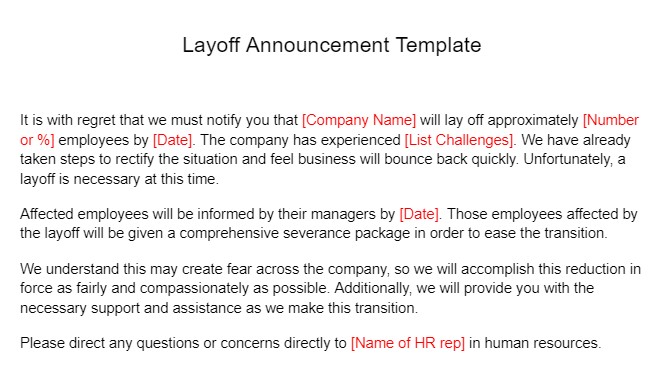

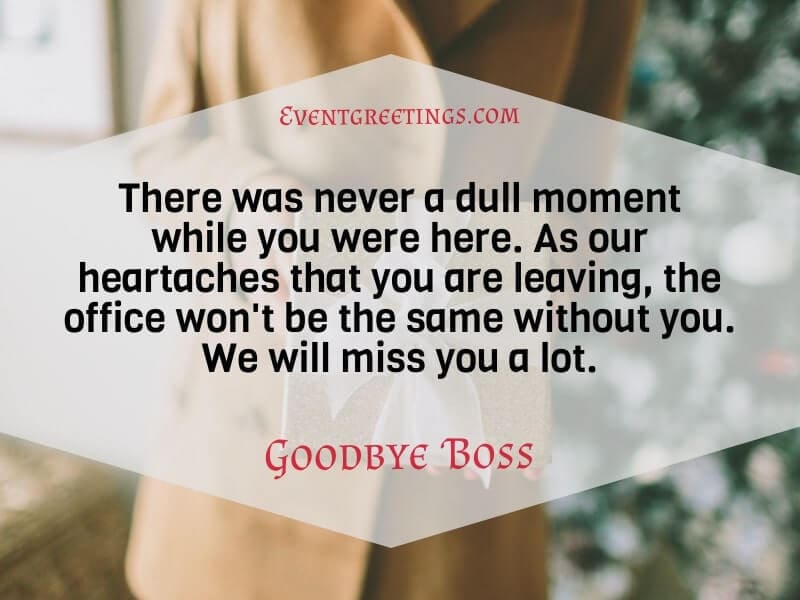

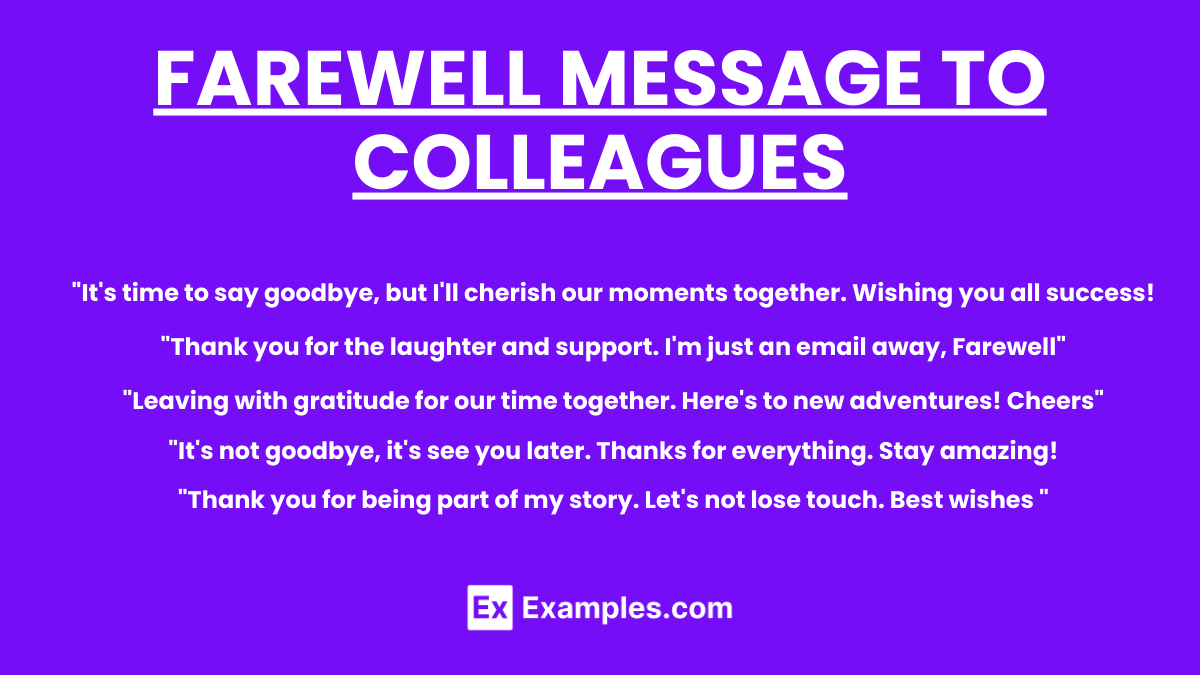
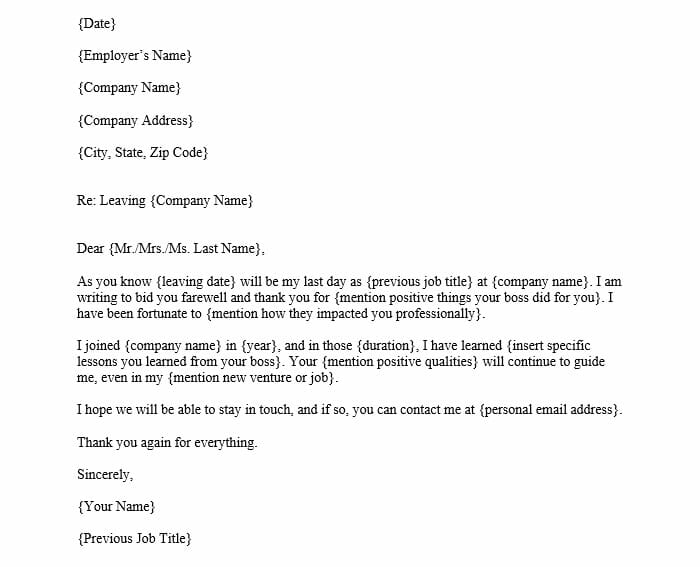


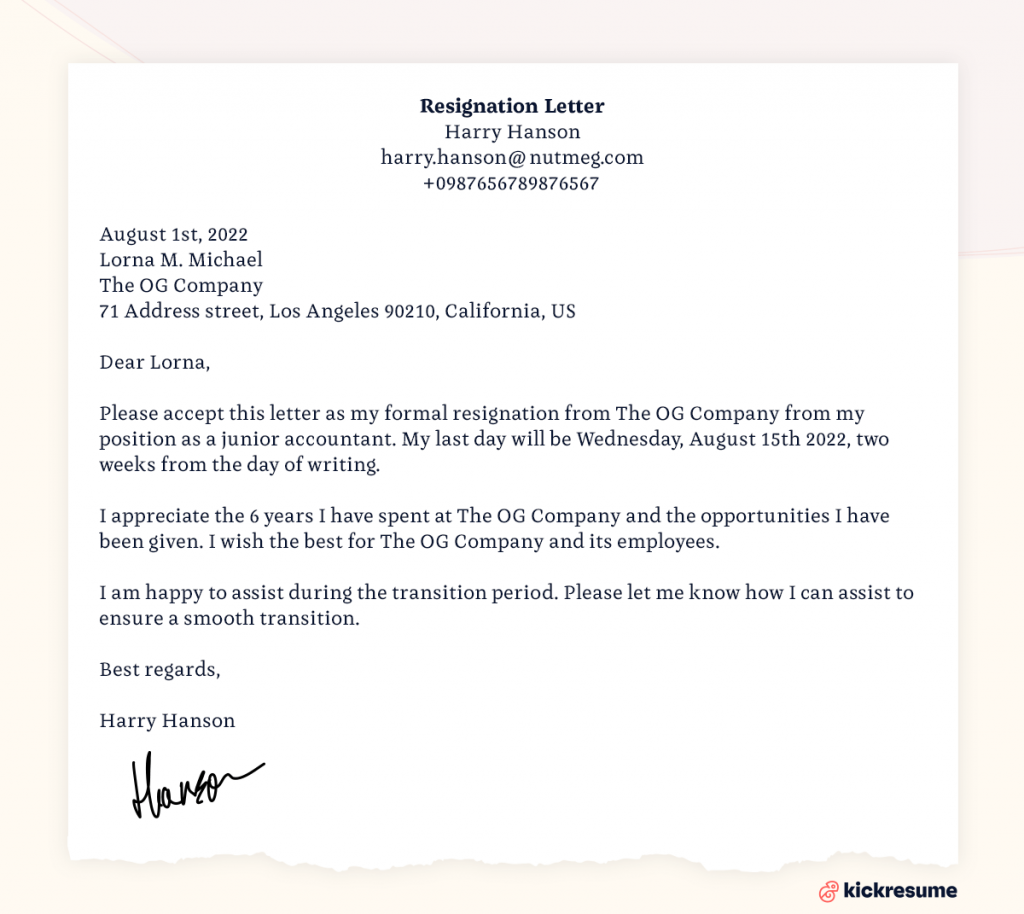
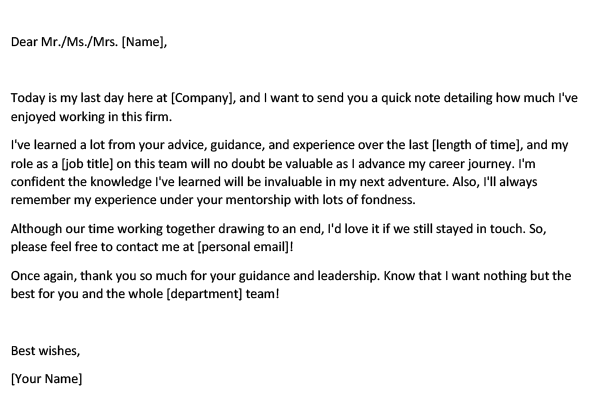

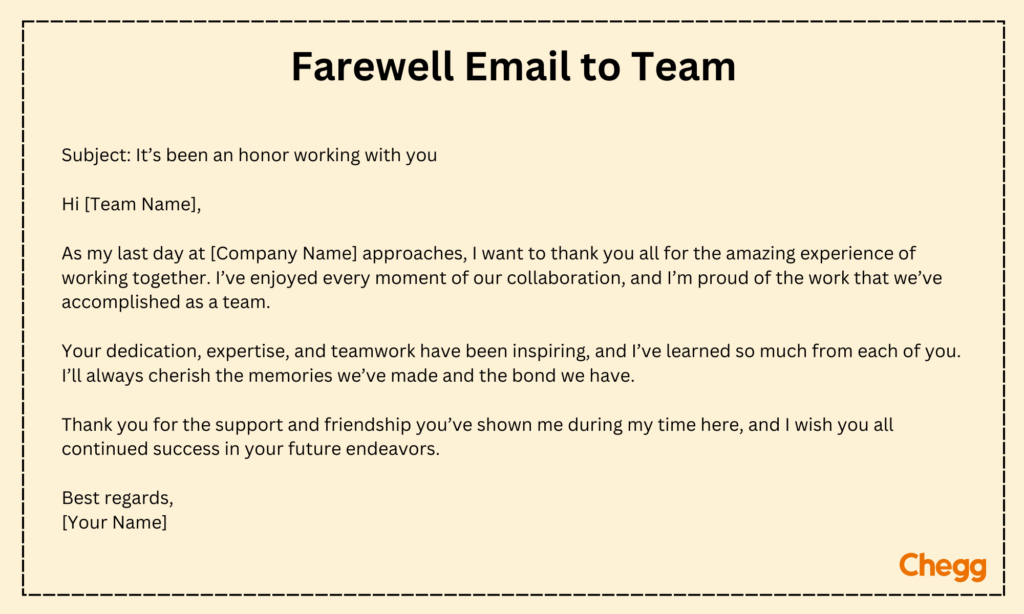
:max_bytes(150000):strip_icc()/2060865a-a00dd037c25547df8a83c13bb57cd695.jpg)
